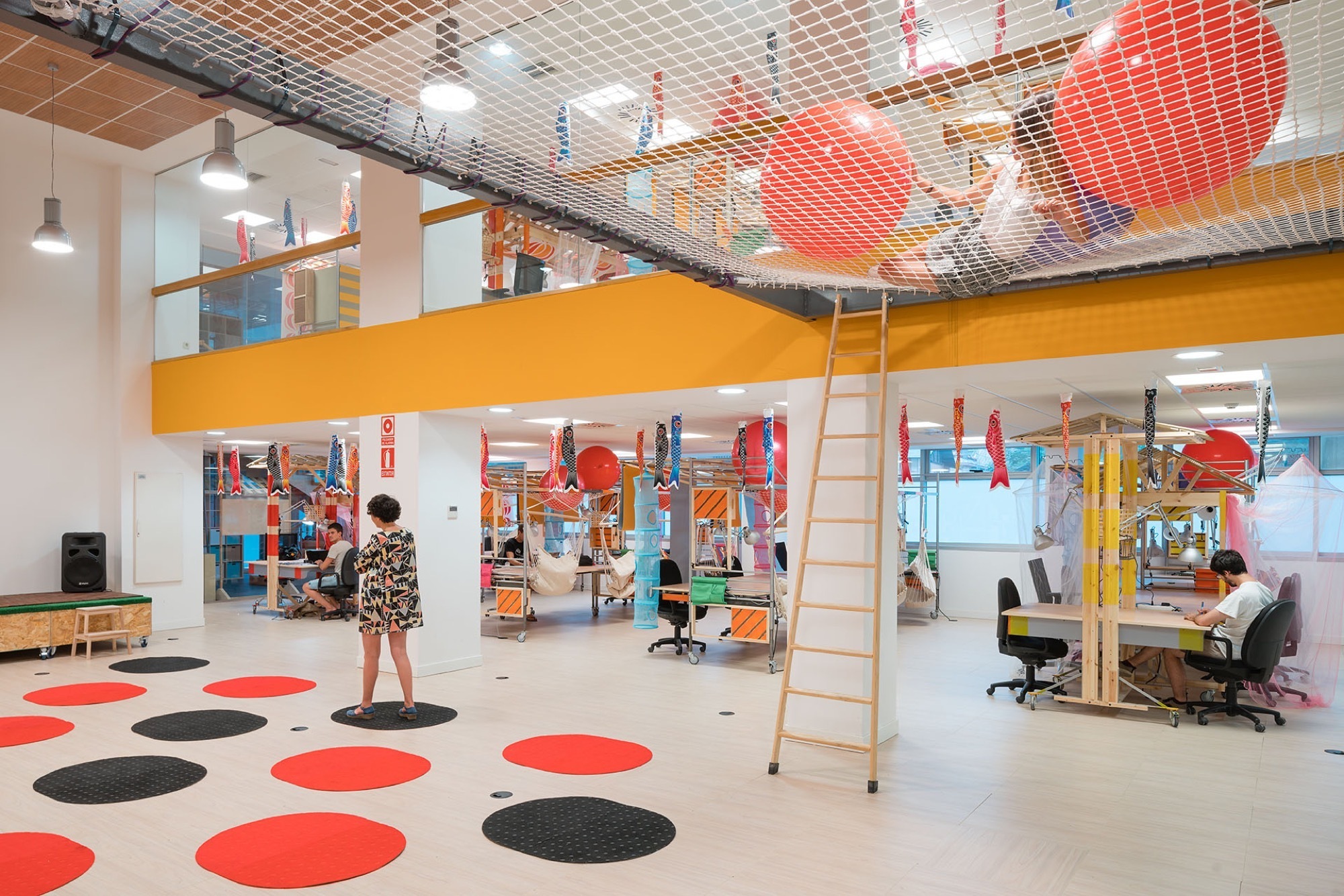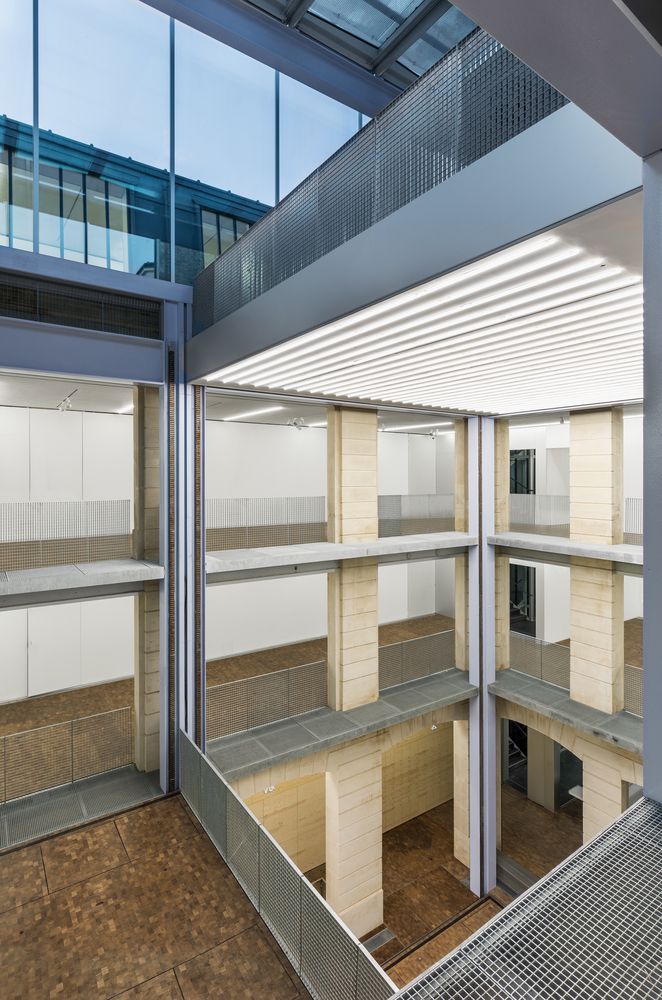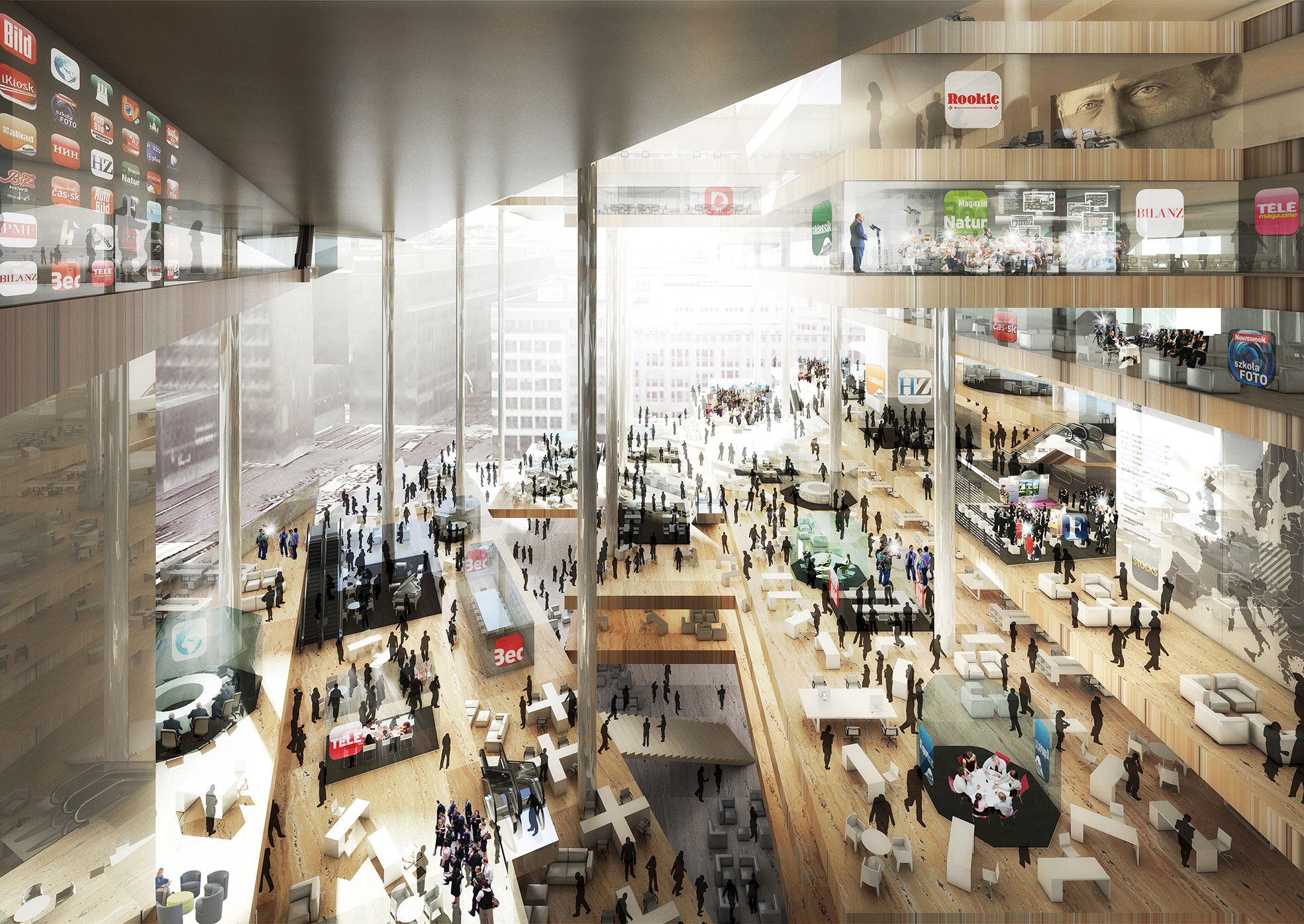Communal spaces are basically a more regulated and organized version of public spaces. They provide all the benefits of public spaces while subtracting the side-effects like crime, garbage piles, etc.
Every building should include communal spaces regardless of the building type. Be it a residence, a factory, a hospital, a prison, you name it, communal space is always needed – facilitating interaction is one of many methods to make your architecture ‘humane’. We, as architects, should feel compelled to include appropriate communal spaces in our architecture for the following 5 reasons:
5 Reasons to Include Communal Spaces in Architecture
1. Awesome Functionality
Remember that we are not designing for robots. No matter how technically perfect your building is, the true functionality of your building is measured by how much it facilitates user comfort. Communal spaces provide additional facilities for users to enjoy, socialize, and relax which, accordingly, increases the functional value of your structure.
2. Awesome Aesthetics
Effective communal spaces would have a strong aesthetic appeal to invite the users to spend time in them. If you design open-air communal areas, your building’s outdoor landscape would be awesome. The resulting activity in these spaces would also make your building look livelier, hence enhancing its overall appearance.
3. Social Interaction
Do not undermine the role of your building in society. Buildings can do more than just provide a space for daily activities. They can bring people, who are actually complete strangers, to talk to each other.
The best and most efficient way to promote such social behavior within your building is by adding communal spaces in it. These may include co-working areas (if it is an office building), party spots, walking tracks, playgrounds, coffee shops, community centers, or simply a common courtyard. Such spaces encourage social interaction, thus making your building user-friendly. Once you could accomplish neighborliness by means of these spaces, your structure would not just qualify as one building but as a whole thriving community.
4. Sharing of Knowledge & Ideas
It is rare for people to overtly talk to each other. However, with time, they develop connections by sharing work advice over a cup of coffee at the gorgeous common space you provided them with. In this manner, communal spaces become the main host for spontaneous knowledge-sharing in the building. People from diverse backgrounds get to know one another while spreading a wide range of ideas and open-mindedness.
5. Reduction of Racism & Inequality

Co-working utopic_US Conde de Casal / Izaskun Chinchilla Architects. Image: © Imagen subliminal
When different groups come to an understanding, they start appreciating each other for the same differences they would otherwise consider as inferiority factors. That being said, people are generally not given an opportunity to come out of their circle and intermingle with other races. If your building could accommodate for interaction between different social and ethnic groups, it may inspire equality and tolerance in society. So why don’t you insert in it a communal space or two?
We can safely conclude that including communal spaces in architecture is highly beneficial for architects and users alike. The resulting building design does not only serve the community but also satisfies the architect’s desire to make his/her building stand out as a well-functioning marvel. If all architects make it a habit to include good communal spaces within every building they design, we could achieve great social reform. Spread the word, dear friends!



